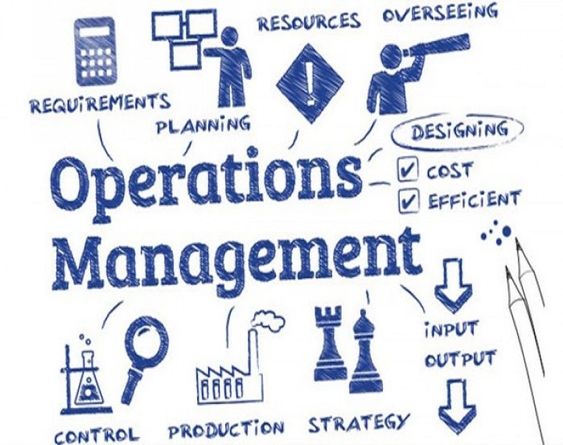Operations Management and finance are two essential functions in any organization. While they might seem distinct from each other, they have a deep connection. Operations Management is responsible for the day-to-day business operations, ensuring that all processes are optimal and efficient. In contrast, finance handles the company’s funds, ensuring that there is enough money to finance its operations. In this article, we will explore how these two functions are interrelated.
Definition of Operations Management
Operations Management refers to the administration of business practices that convert resources into effective goods and services. It involves overseeing the production process, managing inventory, and ensuring quality control. Operations Management also involves the management of the supply chain and logistics.
Definition of Finance
Finance refers to the management of money within a company. It includes tasks such as managing investments, creating financial plans, and handling the accounting and financial reporting of the business. The finance department also manages the company’s debt and equity financing.
The role of Operations Management in Finance
Operations management plays a significant role in finance. By optimizing business operations, operations managers can improve the overall financial health of their company. For example, by optimizing the supply chain, they can reduce the time and cost of procuring raw materials, thereby saving money.
The role of Finance in Operations Management
Finance also plays an important role in Operations Management. By analyzing financial data, finance managers can gain insights into the financial aspects of operations management. For example, by analyzing costs, they can identify inefficiencies, reduce costs, and improve overall profitability.
Cost Management
Cost management is a common area where Operations Management and Finance intersect. Operations Managers are responsible for identifying and reducing costs associated with day-to-day operations. In contrast, finance managers monitor cost data, identify patterns, and utilize data analysis to identify areas where cost reductions are possible.
Budgeting and Forecasting
Budgeting and forecasting are critical processes in finance, and they play a significant role in operations management. Operations managers must create realistic budgets based on their capacity to produce and deliver goods and services. Finance managers, on the other hand, must optimize the budget to ensure the company’s financial health.
Cash flow management
Optimizing cash flow is essential to both finance and operations management. Operations managers must ensure that inventory is managed efficiently to prevent overstocking or stockouts that could negatively impact cash flow. Finance managers must also ensure that funds are available to cover expenses and invest in opportunities as they arise.
You might find these FREE courses useful
- Finance for Non-Financial Professionals
- Fundamentals of financial and management
- Fundamentals of Finance
- Finance For Everyone
- Finance for Startups
- Financial Management Capstone
Conclusion
Operations Management and Finance are two core functions that are deeply interrelated. By working together, operations managers and finance managers can optimize the financial health of their company. By having operational efficiency, the company can increase its profitability, reduce costs, and ensure financial stability. It is crucial for businesses to recognize the connection between these two functions and invest in developing a collaborative relationship between them.
